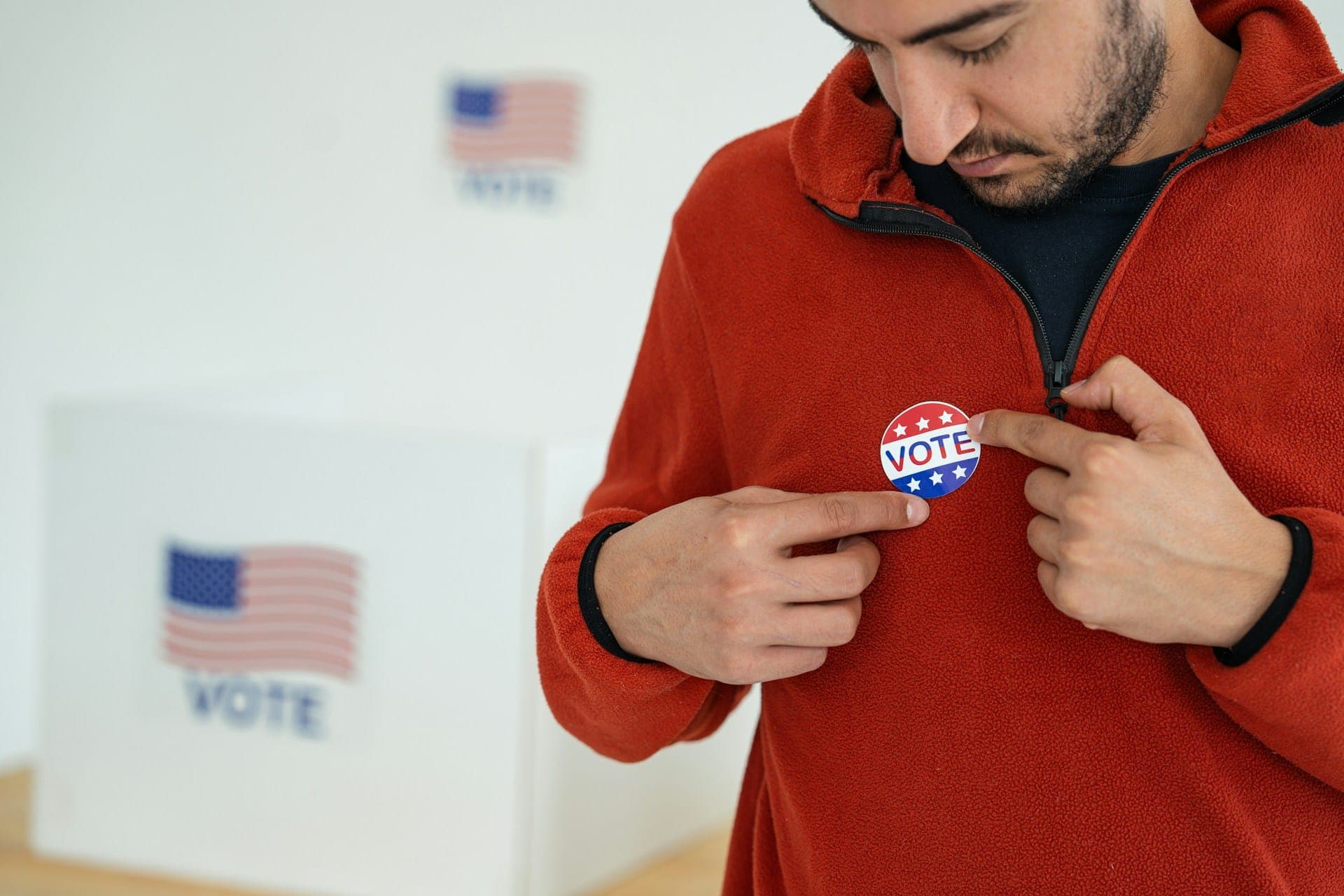CNN Poll Shows Independent Voters Are More Diverse Than You Think

A new CNN poll conducted by SSRS between August 21 and September 1 surveyed 2,077 adults, including 1,006 who identify as independents. The results challenge the idea that independents are a single bloc of undecided swing voters. Instead, they fall into five distinct groups with very different views of politics.
Upbeat Outsiders make up 22 percent of independents. They are younger, more racially diverse, and often raising children in urban areas. Most earn less than $50,000 a year, and many have struggled with unemployment. They say they like ideas from both parties, leaning Republican on the economy and immigration, but siding with Democrats on abortion and diversity issues. Nearly four in ten have not voted in a major election in the past decade, and only three in ten say voting in national elections is extremely important.
The Disappointed Middle represents 16 percent of independents. This group is engaged and believes voting matters, but they are deeply frustrated with both parties. Seventy percent hold unfavorable views of Democrats and Republicans alike, and more than three-quarters say not liking either party is a significant reason they identify as independent. They lean toward Republicans on crime, immigration, and gender issues, but just over half say they would prefer Democrats to control Congress in 2026. Many are married, have higher incomes, and are more likely to attend religious services than other independents.
Democratic Lookalikes account for nearly one quarter of independents. They consistently support Democrats at the ballot box, with 83 percent voting for Kamala Harris in 2024. A majority call themselves progressive, but only half have a favorable view of the Democratic Party itself. They are disproportionately women, older, and white, with nearly six in ten holding a college degree, the highest education level of any independent group.
Republican Lookalikes make up about 12 percent of independents. Ninety-two percent voted for Donald Trump in 2024, and two-thirds say they usually vote Republican. Over one-third identify with the MAGA movement. They are primarily white men over 50, and evenly split between rural and urban areas. Many say they reject the Republican label because they prefer to vote for candidates rather than for a party.
The Checked Out are about one quarter of independents. They are the youngest group, with many living in cities, and they are the least engaged. Nearly all did not vote in 2024, and most say they have not voted in major elections in the last decade. Eight in ten say they simply are not interested in politics, and three-quarters say it does not matter who controls Congress.
Independents are not one bloc of voters who move together. Some mirror Democrats or Republicans, others are dissatisfied with both, and many are disengaged. Future elections will turn less on persuading a uniform middle and more on which of these five groups of independents decides to participate.
 Cara Brown McCormick
Cara Brown McCormick




